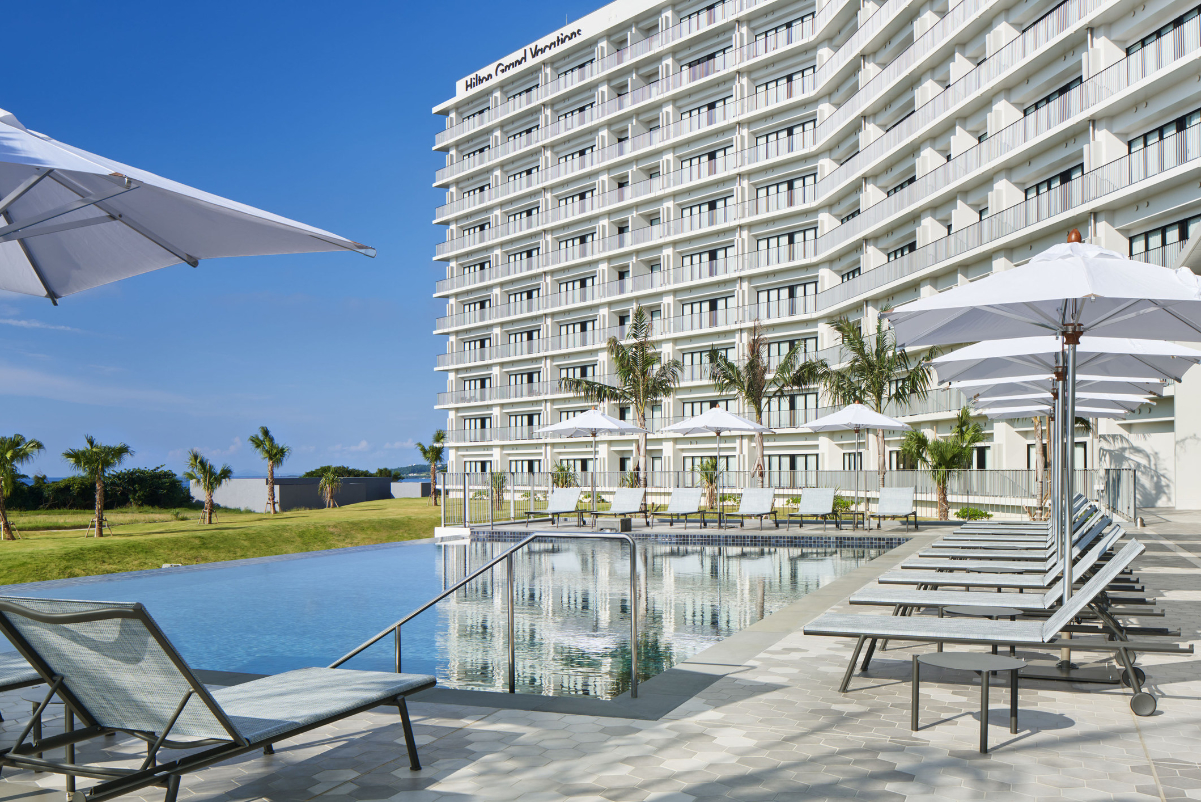Hilton Grand Vacations Sees Inflation Boosting Timeshare Sales

Skift Take
Many consumer businesses bemoan rising inflation as a buzzkill, but not Hilton Grand Vacations. The timeshare company believes that consumers will find its stably priced product relatively more attractive compared to increasing rates for hotels and vacation homes.
"If you're a hotel, you've got your own costs to cover plus the overall profit you're trying to drive," said Gordon Gurnik, chief operating officer. "In our product, fees for maintaining a property really are set at the resort level by the resort homeowners association, and they're just looking to cover their expenses. There is some inflation in that, for sure. But you don't have the profit factor."
To evaluate the inflation-themed sales pitch, know that Orland-based Hilton Grand Vacations was an early industry adopter of a points-based system. Old-school timeshare contracts were title-based, meaning consumers bought a contract for years of access to a specific property. Points-based models offer a more contemporary twist where members typically buy an interest in a club where they can exchange points for stays at a variety of condos or hotels. About 512,000 of Hilton Grand Vacation customers have bought the flexible membership program, while another 210,00 are just owners.
In the past year, Hilton Grand Vacations hasn't boosted the cost per point in its program, in contrast with sharply rising hotel rates.
Sellers

